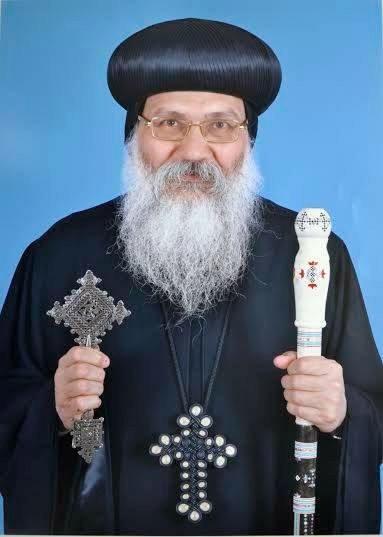Coptic world mourns death of Anba Epiphanius, Egyptian bishop and scholar
Pope Tawadros II of the Coptic Orthodox Church said Epiphanius was "a true monk whose life was steeped in meekness and humbleness."

Anba Epiphanius, a Coptic Orthodox bishop, scholar, and abbot of the Monastery of St. Macarius in Wadi el Natrun, Egypt, died July 29 at age 64.
A young monk confessed to murdering the abbot, and he was defrocked and expelled, Vatican News reported. He had previously been disciplined for misconduct. The motive is not yet known.
Anba Suriel of Melbourne, Australia, wrote in a tribute to his fellow Coptic bishop on social media: “He had a passion to see the Church develop in its theological education both in Egypt and abroad. What happened to him outside his cell is truly a tragedy of enormous proportions that will not only be remembered in his monastery but indeed throughout the Coptic community and beyond, as he was respected by many worldwide.”





